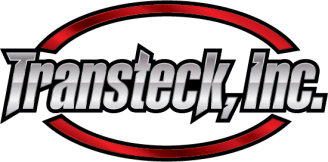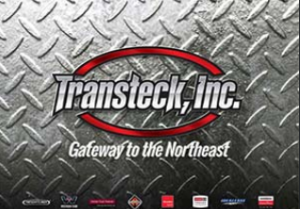
Battery- and fuel-cell-powered electric vehicles are new to the market. Can different technologies find a home, or will
a single winner emerge?
A volt is a volt, whether it comes from a hydrogen fuel cell or a lithium-ion battery. How that volt is produced makes no difference to the electric drive motors on commercial vehicles, but the stakes are enormous for everyone else, from fleet buyers to the people who design the assembly lines for such vehicles. We have two apparently viable ways of powering electric trucks, each currently somewhat better suited to certain applications than others. Will a clear winner emerge?
We have the battery-electric people in one camp and the fuel-cell-electric crowd in the other. The debates are loud and raucous and fun to watch, but not conducive to fact-finding.
A great deal of the conversation revolves around Tesla’s attempts to build an electric Class 8 tractor. There are legions of Tesla fans who are quick to trash the “competition,” including Daimler, one of the largest truck manufacturers in the world, for not knowing how to build an electric truck. Yet Tesla fans and many mainstream technology writers know little about the hard realities of trucking.
To read the full article, click below.


